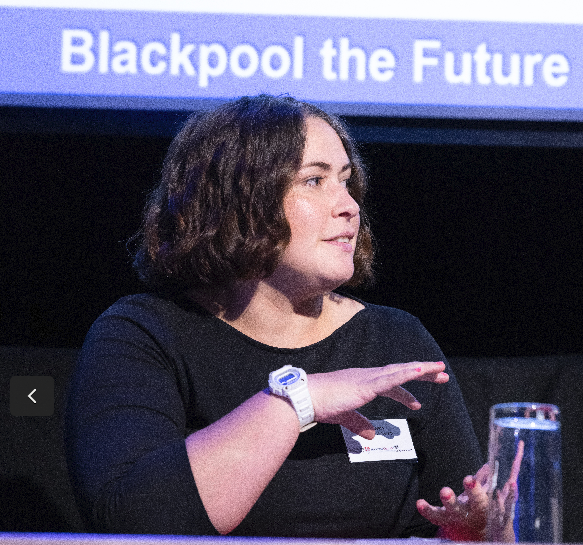Introduction
Climate change is a challenge that no single organisation can solve on its own. It cuts across every sector and affects businesses of all kinds, from how supply chains operate to the way services are delivered and the products people choose to buy. Local authorities, sitting at the heart of communities, are in a unique position to work with businesses and bring them together around a shared vision for a more sustainable future.
The power of partnership
Partnership is what turns ambitious strategies into real, measurable outcomes. Councils cannot reduce emissions or build resilience in isolation. They need to collaborate with residents, businesses, schools, and community groups. When these groups come together, they pool knowledge, resources, and creativity. The result is action that’s not only faster but also more relevant and impactful, because it reflects the lived realities of the people it’s designed to serve.
Breaking down barriers
Of course, collaboration isn’t always easy. Local authorities face competing priorities, tight budgets, and often limited capacity. Businesses want to act but are sometimes unsure of the right next step. By working in partnership, these challenges can be overcome. Creating space for open dialogue allows everyone to contribute their perspective, align around common goals, and keep each other accountable.
Collaborative approaches
We’ve seen collaboration succeed in many forms: councils supporting schools with sustainability education; universities lending research expertise to local projects; businesses joining forces to share best practice on energy reduction; or community groups leading grassroots initiatives with council backing. What all these examples have in common is that they spread ownership of climate action across the local economy, making it stronger and more resilient.
Our work with Blackpool Council
At Ardea Eco-innovation, we have the privilege of supporting Blackpool Council on its ongoing sustainability journey by developing a practical and accessible toolkit. This resource is being designed to help the council meet its net zero goals while also bringing its supply chain on the journey. By combining technical insight with the council’s local knowledge, we are continuing to shape a pathway that reflects the town’s unique needs and opportunities, and ensuring that solutions remain ambitious yet achievable.
Tackling climate change is not about one organisation ticking off a checklist. It is about whole communities moving forward together. Collaboration builds trust, spreads responsibility, and unlocks ideas that no single organisation could achieve alone. Councils that embrace this approach not only make faster progress on their climate goals, they also foster stronger, more resilient communities for the future.

